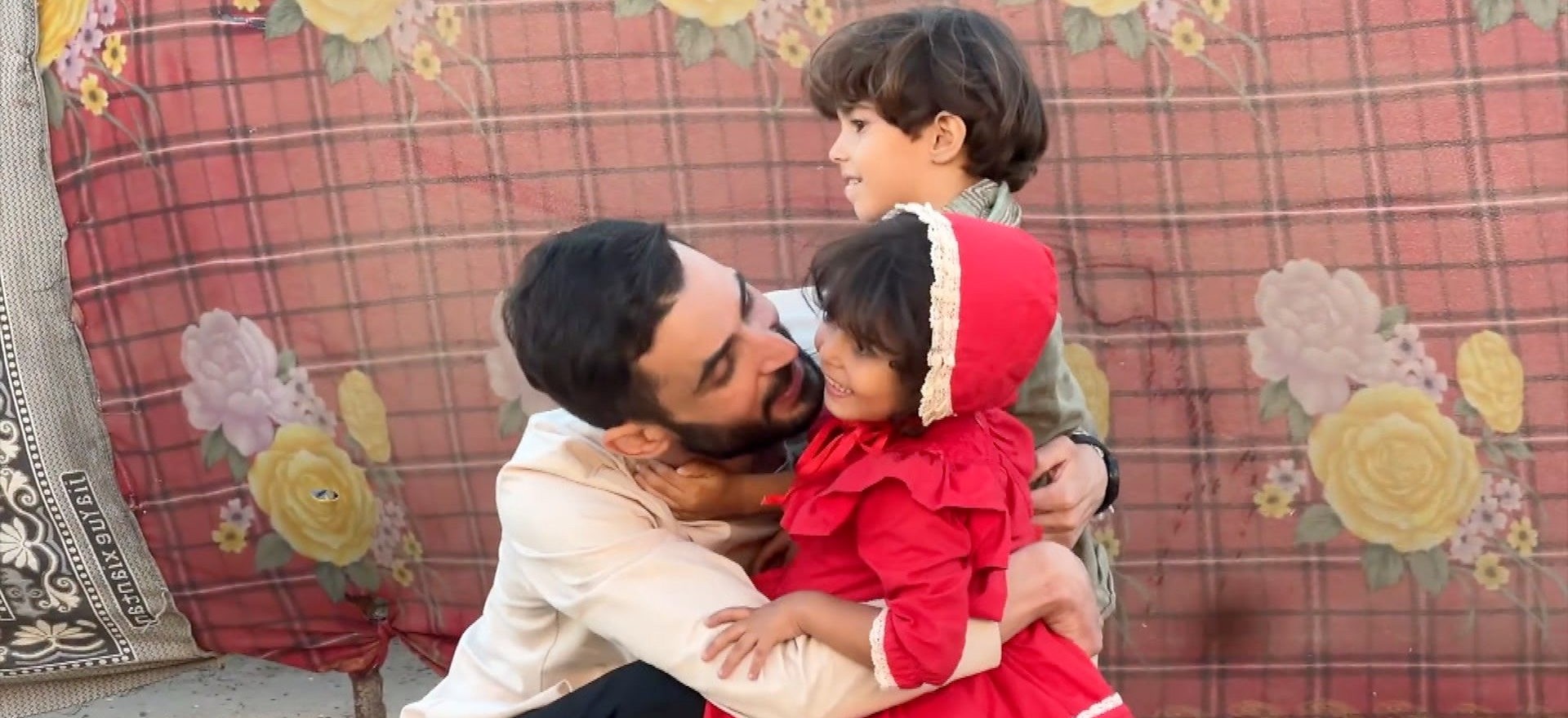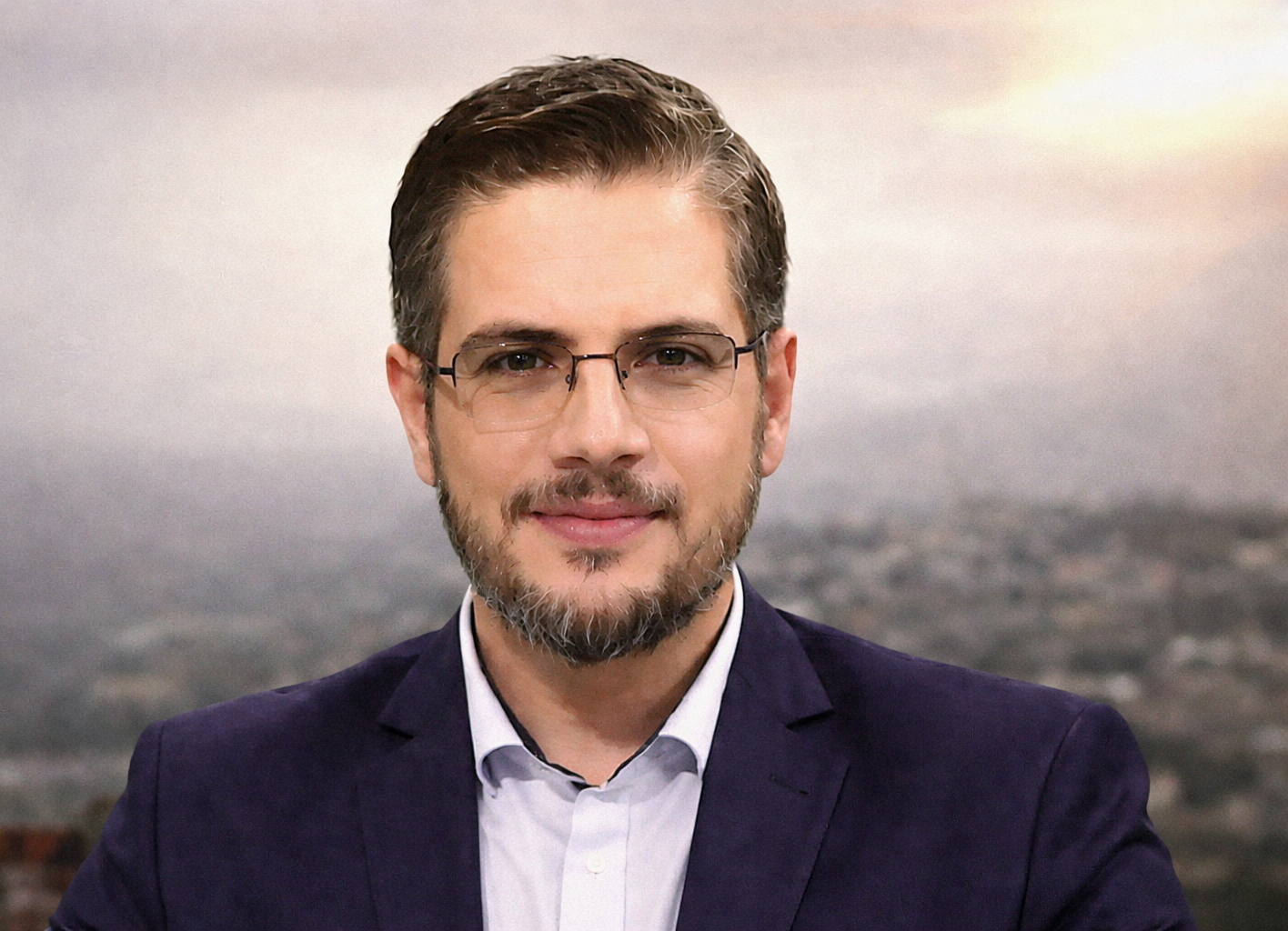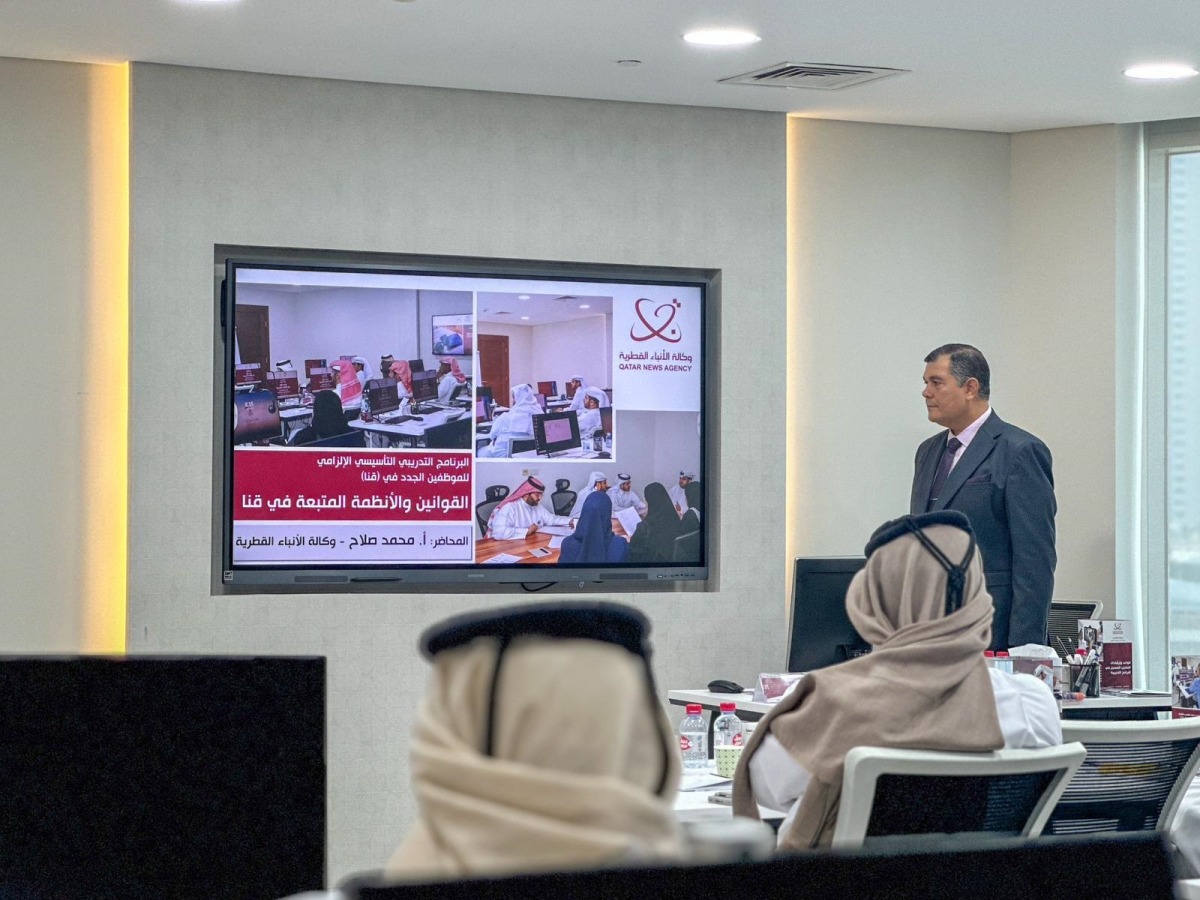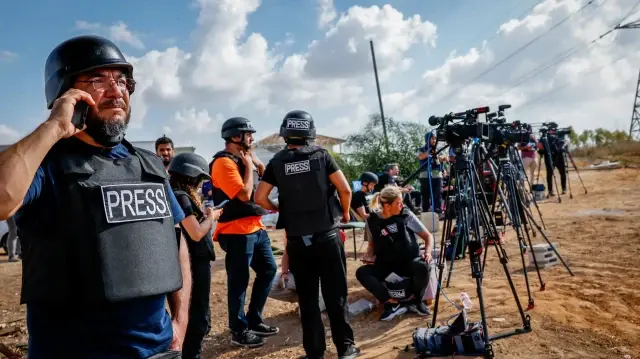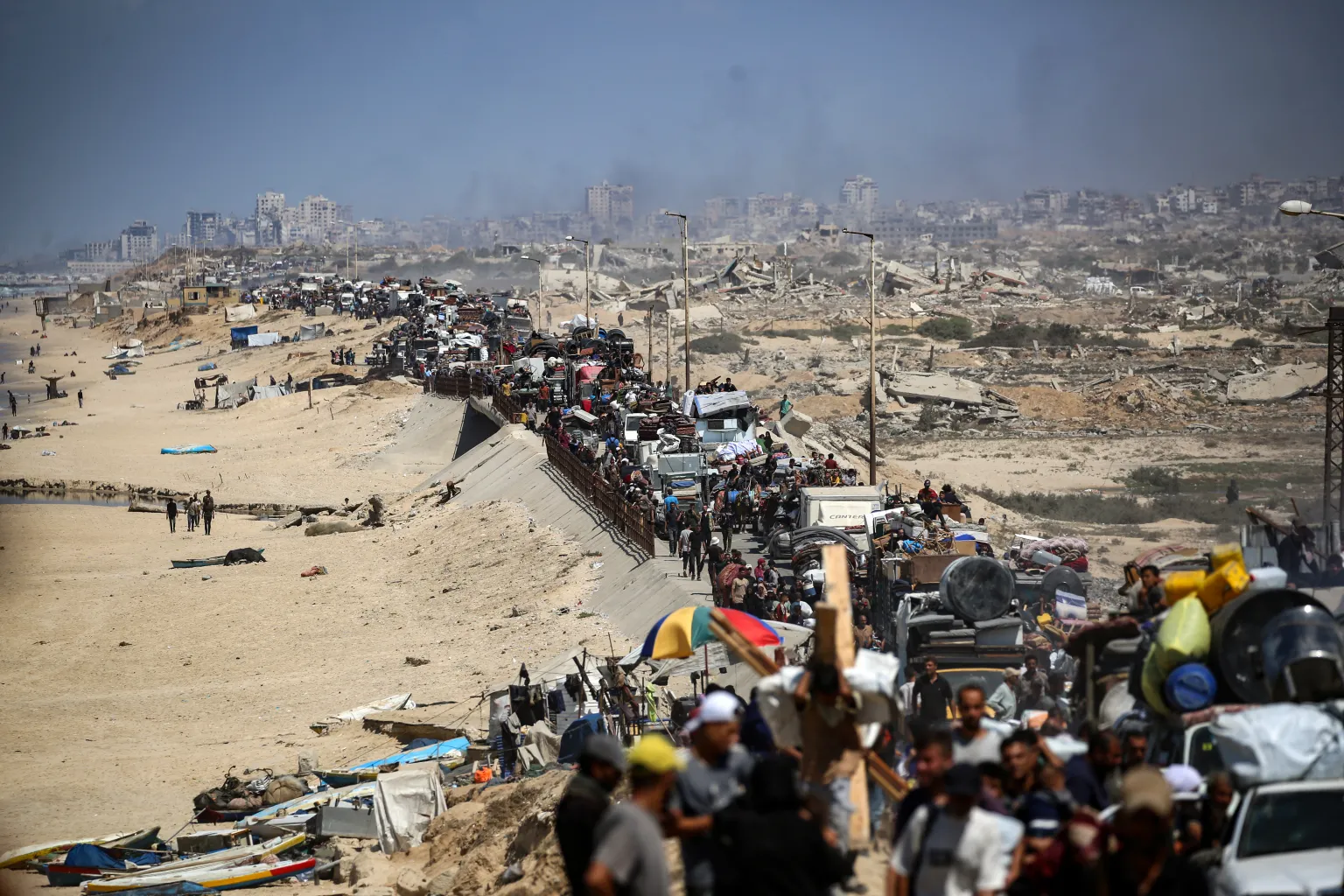
CPJ Challenges Israel’s Ban on International Media Access to Gaza in the Israeli Supreme Court
October 16, 2025
Sigfrido Ranucci Targeted in Bomb Attack Near Rome
October 17, 2025October 16, 2025 – Palestine –
Shadi Abu Sido, a Palestinian photojournalist from Gaza, was released from Israeli custody under a recent ceasefire agreement and immediately confronted a shocking lie: Israeli prison guards had told him that his wife and two children were dead. Upon his release on October 13, 2025, Abu Sido reunited with his family in their home in Khan Younis—alive, contrary to what he had been told in captivity.
Abu Sido’s ordeal began in March 2024, when he was detained at Shifa Hospital in northern Gaza during the conflict. Throughout his detention, he says that he suffered beatings, restraint with shackles, and psychological torment. He described being held across multiple detention facilities under Israel’s Unlawful Combatants Law, which permits detention without charge or trial.
The false claim that his family had perished was a deliberate attempt to inflict emotional trauma, Abu Sido said. Upon arriving home, he discovered that his wife, Hanaa Bahlul, and their children were safe. Their reunion was emotionally intense—Abu Sido held each family member closely, repeating phrases of disbelief and relief.
Human rights observers and press freedom organizations view this case as emblematic of the risks faced by journalists in conflict zones. They argue that psychological warfare tactics, such as spreading false information about loved ones, are part of a broader pattern of abuse against Palestinian prisoners.
Abu Sido’s release came as part of a U.S.-brokered ceasefire deal that resulted in the liberation of some 1,700 Palestinian detainees and 20 Israeli hostages. Still, many detained journalists and civilians remain behind bars, fueling ongoing concern among media watchdogs over treatment, accountability, and access to fair legal processes.
Reference –

